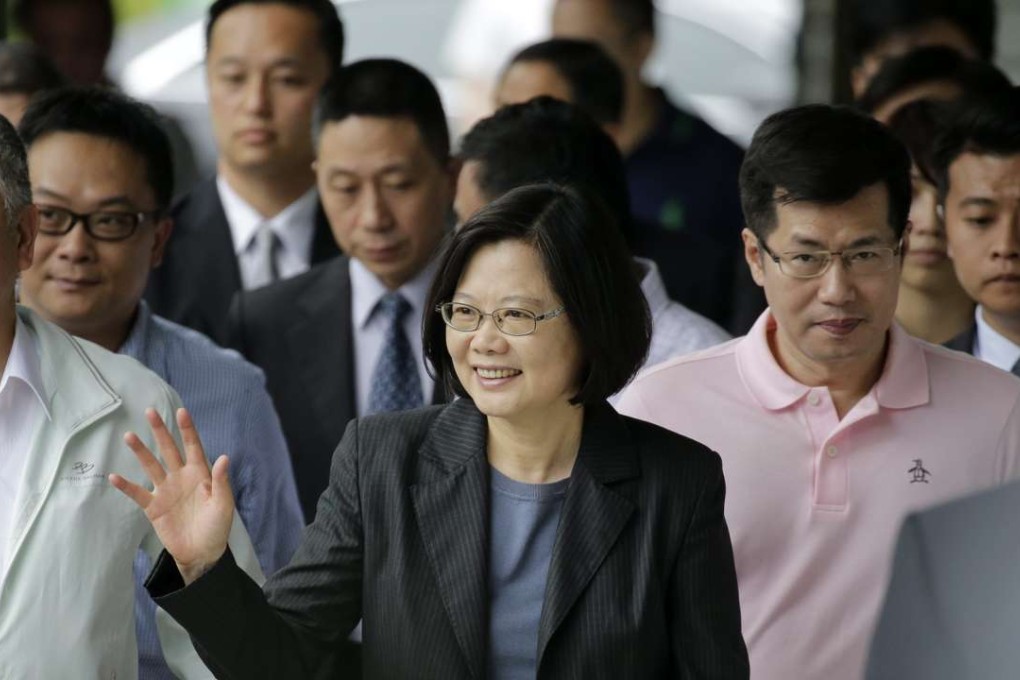Tsai’s new tack: Taiwan moves to mend maritime ties with Japan
Administration in Taipei also orders end to criminal charges against dozens of ‘sunflower’ movement protesters who staged a sit-in in the legislature over a trade pact with Beijing

Taiwan’s new government kicked off its first day of work by declaring it would set up a channel for dialogue with Japan to settle maritime disputes and promote the island’s presence in the region.
The announcement on Monday came after Premier Lin Chuan issued an order to withdraw criminal charges against 126 protesters, who broke into the cabinet’s headquarters in Taipei in 2014 to protest against a trade pact with Beijing.
Taiwanese President Tsai Ing-wen vowed in her inaugural address on Friday to seek regional cooperation, increase the island’s international profile and clear people wronged in the past.
To settle fishery and other disputes with Japan, Taipei and Tokyo had decided to establish a mechanism for maritime cooperation at the end of July, cabinet spokesman Tung Chen-yuan said.
“The new government has decided to resort to negotiation rather than a legal approach in resolving the latest dispute,” Tung said, referring to Japan’s seizure of a Taiwanese fishing boat when it sailed near the Japanese reef of Okinotori last month. Japan said the boat had violated its 200 nautical mile exclusive economic zone.